
Owen Hughes
Owen Hughes is a freelance writer and editor specializing in data and digital technologies. Previously a senior editor at ZDNET, Owen has been writing about tech for more than a decade, during which time he has covered everything from AI, cybersecurity and supercomputers to programming languages and public sector IT. Owen is particularly interested in the intersection of technology, life and work – in his previous roles at ZDNET and TechRepublic, he wrote extensively about business leadership, digital transformation and the evolving dynamics of remote work.
Owen began his journalism career in 2012. After graduating from university with a degree in creative writing and journalism, he interned at TechRadar and was subsequently hired as the website’s multimedia reporter. His career later shifted towards business-to-business technology and enterprise IT, where Owen wrote for publications including Mobile Europe, European Communications and Digital Health News. Beyond his contributions to various publications including Live Science, Owen works as a freelance copywriter and copyeditor.
When he’s not writing, Owen is an avid gamer, coffee drinker and dad joke enthusiast, with vague aspirations of writing a novel and learning to code. More recently, Owen has embraced the digital nomad lifestyle, balancing work with his love of travel.
Latest articles by Owen Hughes

AI creates better and funnier memes than people, study shows — even when people use AI for help
By Owen Hughes published
In a study, memes created by OpenAI's GPT-4o model were, on average, rated funnier, more creative and more shareable than those created by humans.
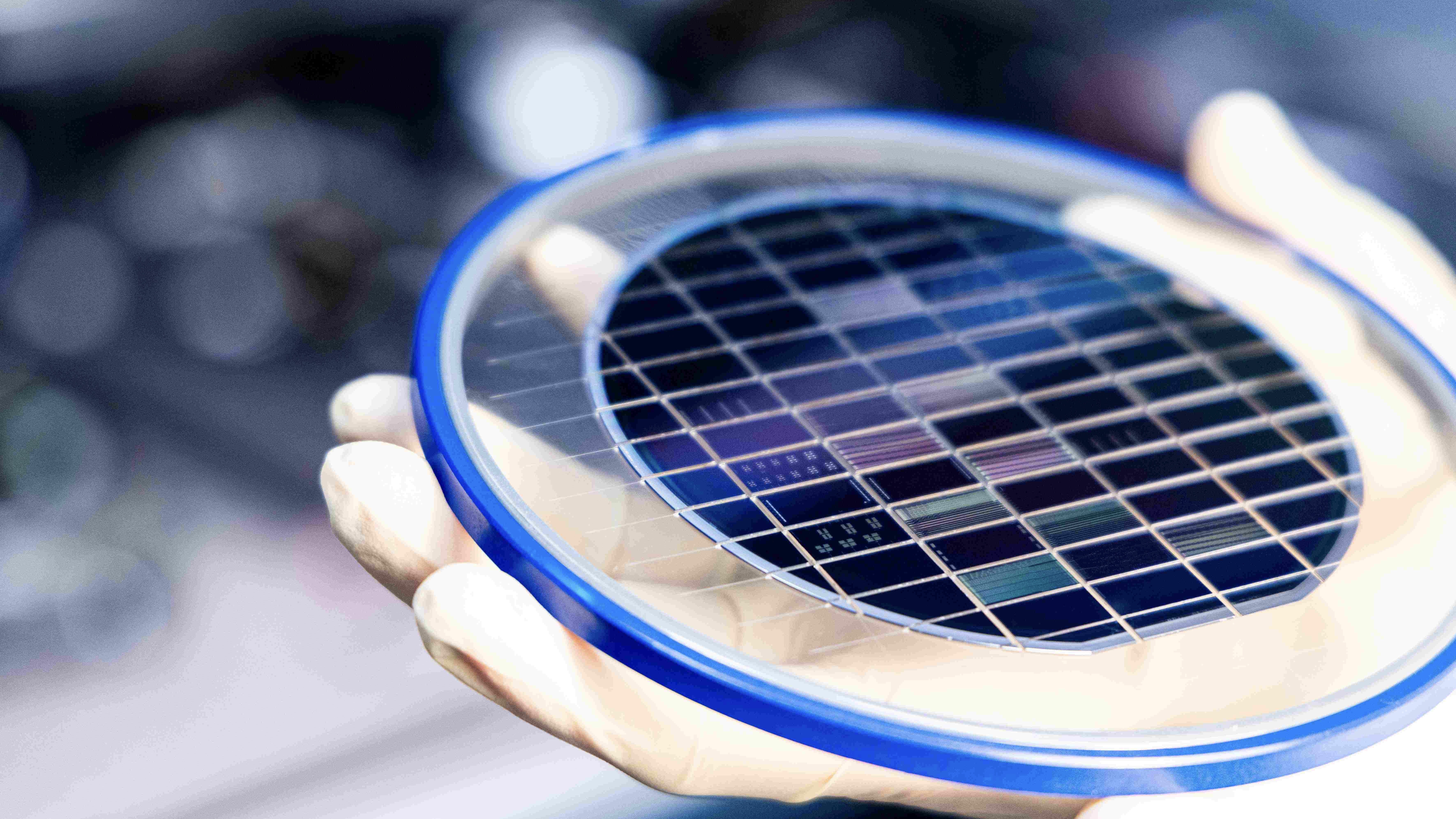
World's first light-powered neural processing units (NPUs) could massively reduce energy consumption in AI data centers
By Owen Hughes published
Q.ANT's new chip uses photon power in a bid to solve AI's big energy issue. It's also 50 times faster than silicon-based equivalents, the company says.
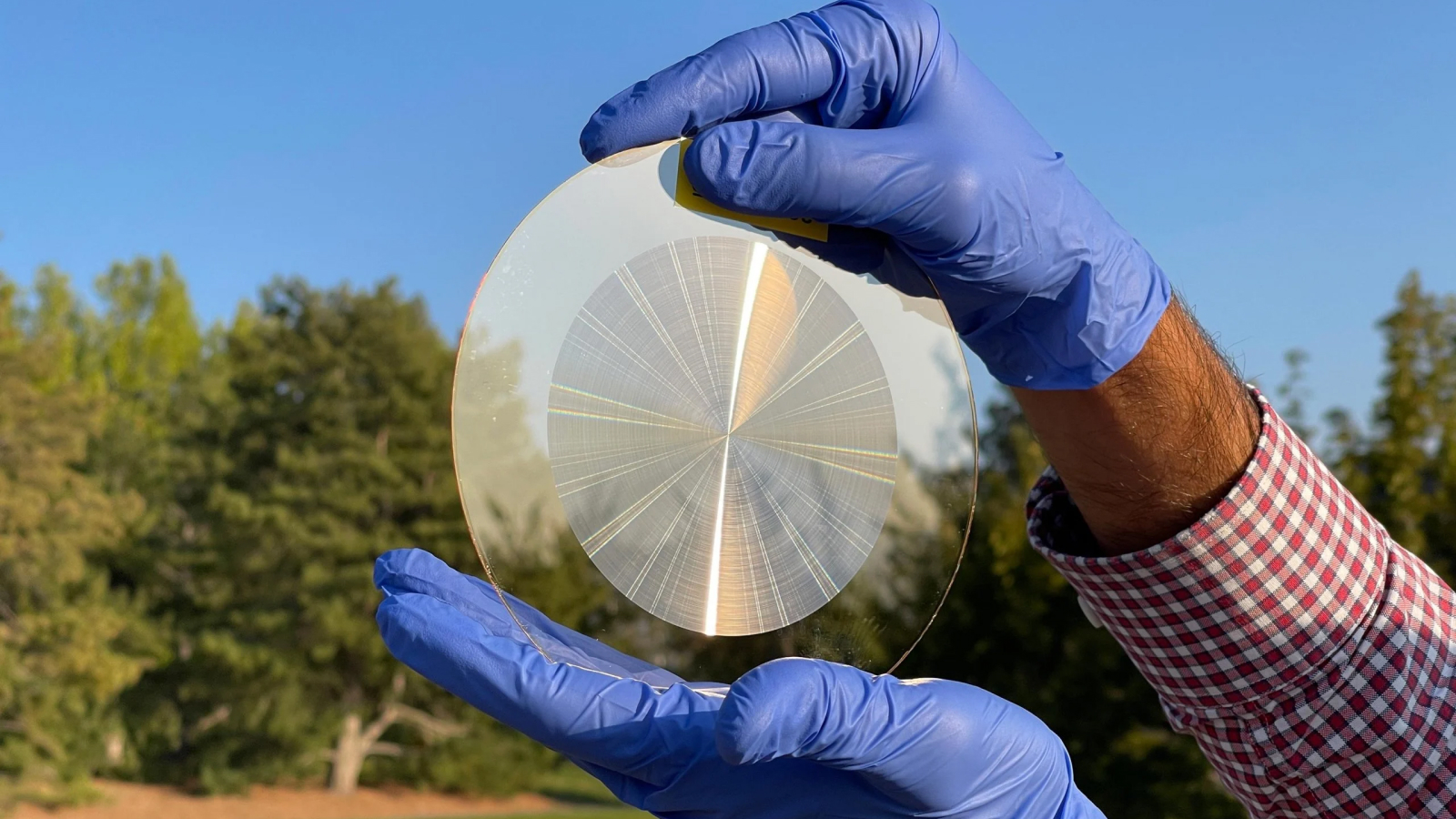
Flat, razor-thin telescope lens could change the game in deep space imaging — and production could start soon
By Owen Hughes published
Scientists have developed an impossibly thin telescope lens that addresses a key astronomical challenge in a new study funded by NASA and DARPA.
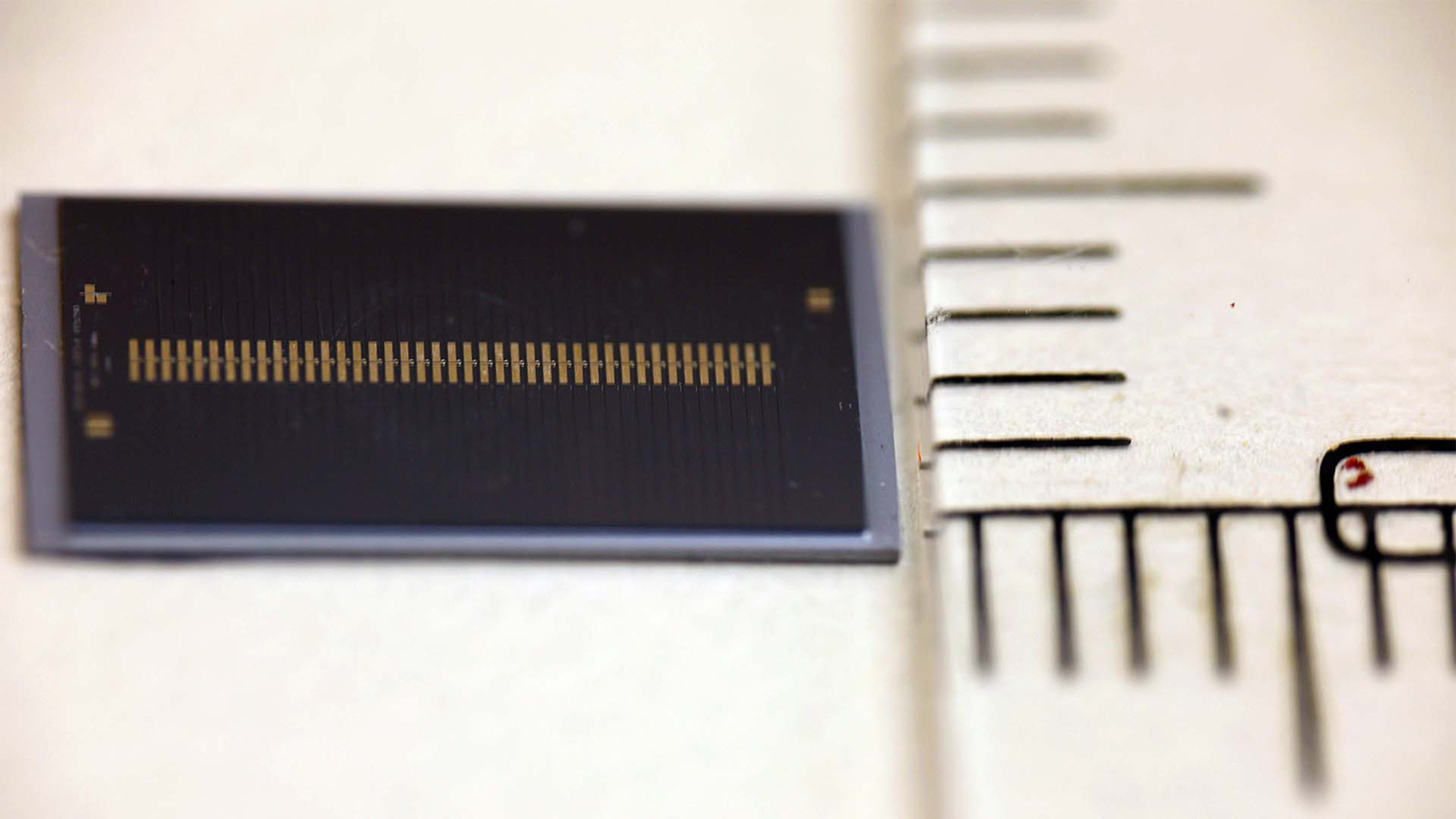
New 'microcomb' chip brings us closer to super accurate, fingertip-sized atomic clocks
By Owen Hughes published
Breakthrough could pave the way for next-generation GPS in drones, smartphones and self-driving cars, scientists say.
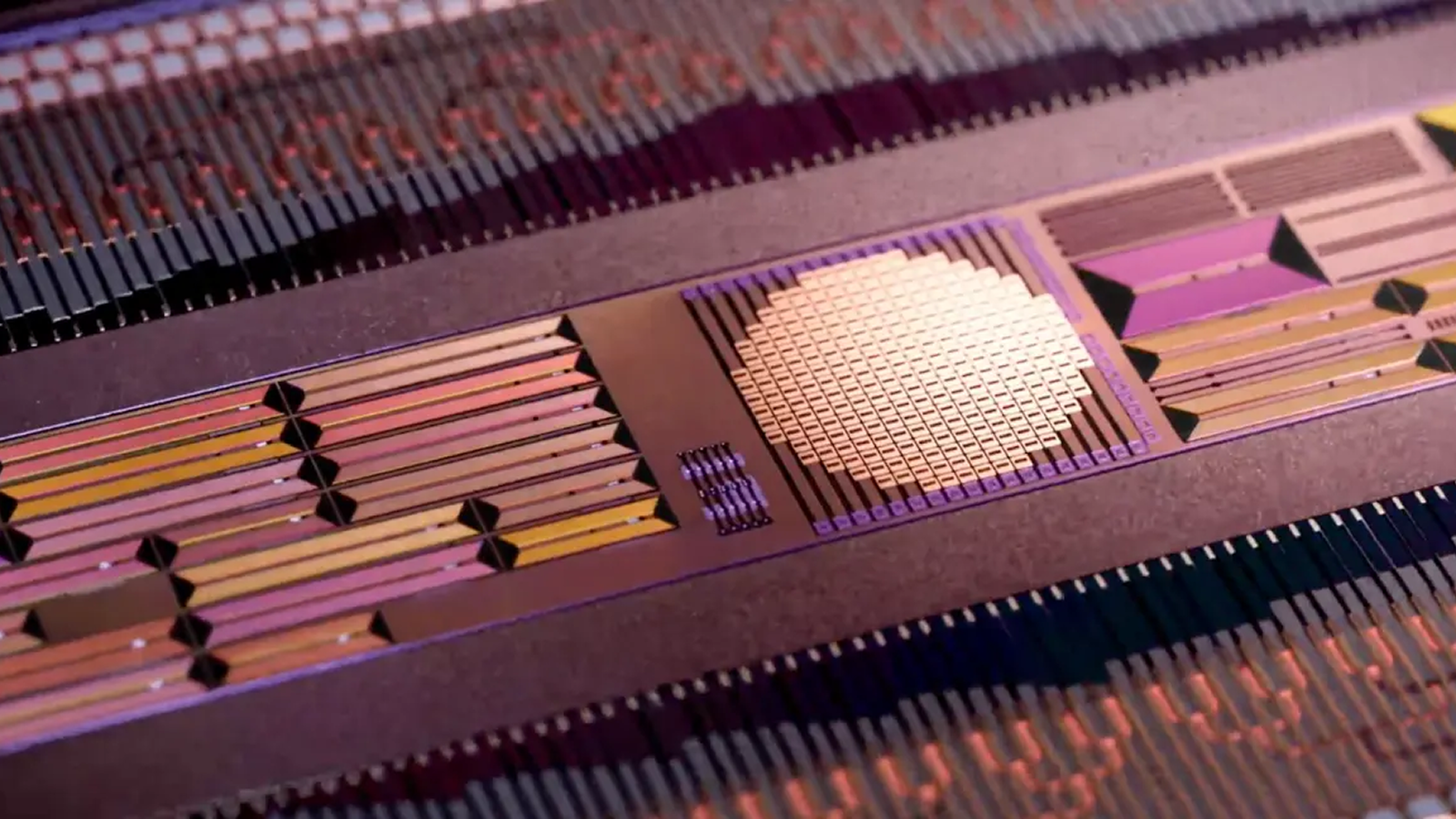
Google's 'moonshot factory' creates new internet with fingernail-sized chip that fires data around the world using light beams
By Owen Hughes published
Google X has introduced the Taara chip, a fingernail-sized invention that taps the "virtually limitless" potential of light-based internet connectivity.
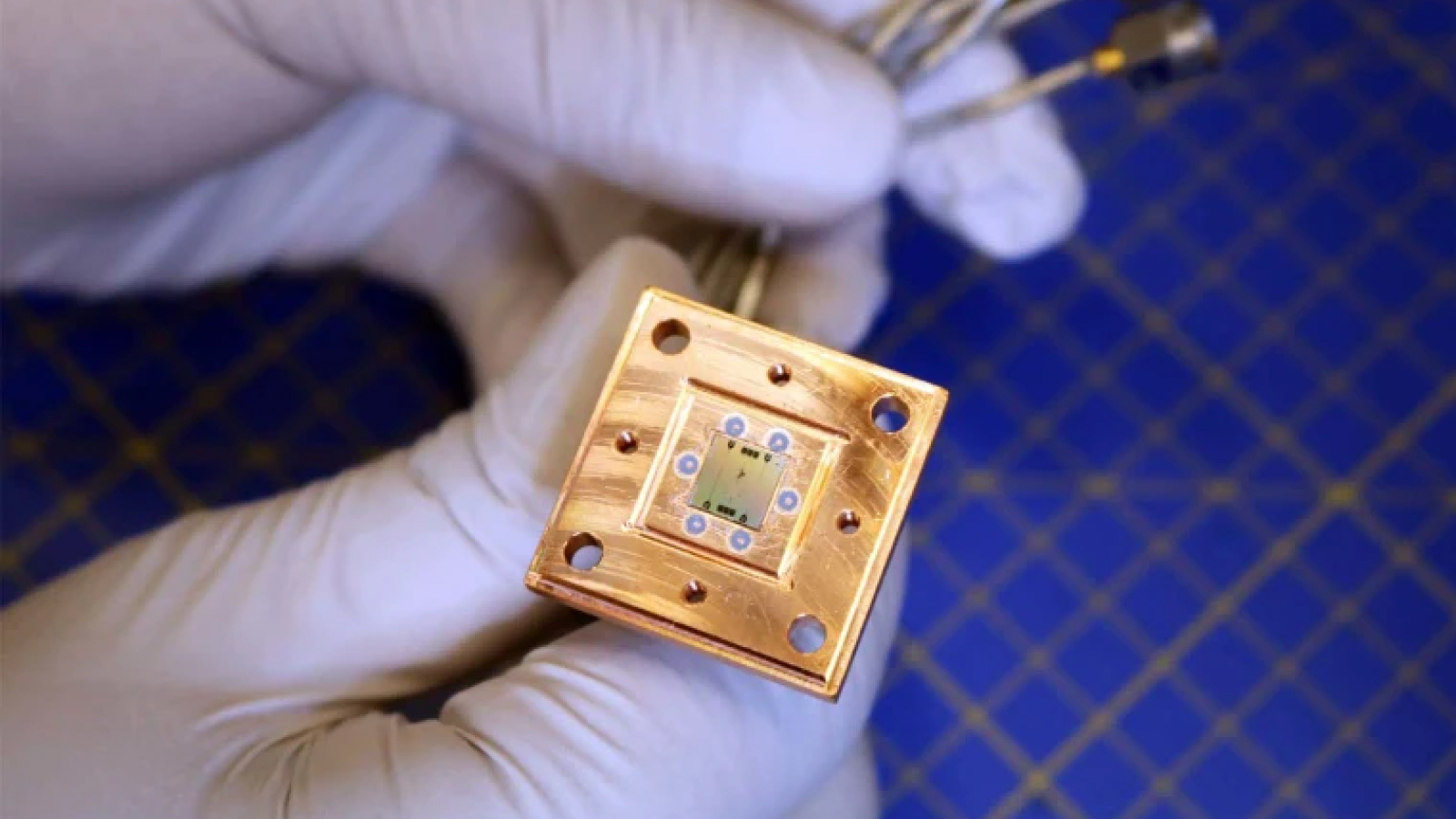
Coldest-ever qubits could lead to faster quantum computers
By Owen Hughes published
Scientists have cooled qubits to record low temperatures using a quantum refrigerator powered by "hot thermal baths."

AI can now replicate itself — a milestone that has experts terrified
By Owen Hughes published
Scientists say AI has crossed a critical 'red line' after demonstrating how two popular large language models could clone themselves.

Quantum computers that are actually useful 1 step closer thanks to new silicon processor that could pack millions of qubits
By Owen Hughes published
We've just hit a 'critical inflection point' on the road to scalable quantum computers. Here's why.

Just 2 hours is all it takes for AI agents to replicate your personality with 85% accuracy
By Owen Hughes published
Researchers from Google and Stanford have created accurate AI replicas of more than 1,000 people.

Near-unlimited EV range now a possibility thanks to surprising new technology — solar paint
By Owen Hughes published
Mercedes-Benz is developing a new type of solar paint that could free EV owners from the perennial problem of range anxiety.
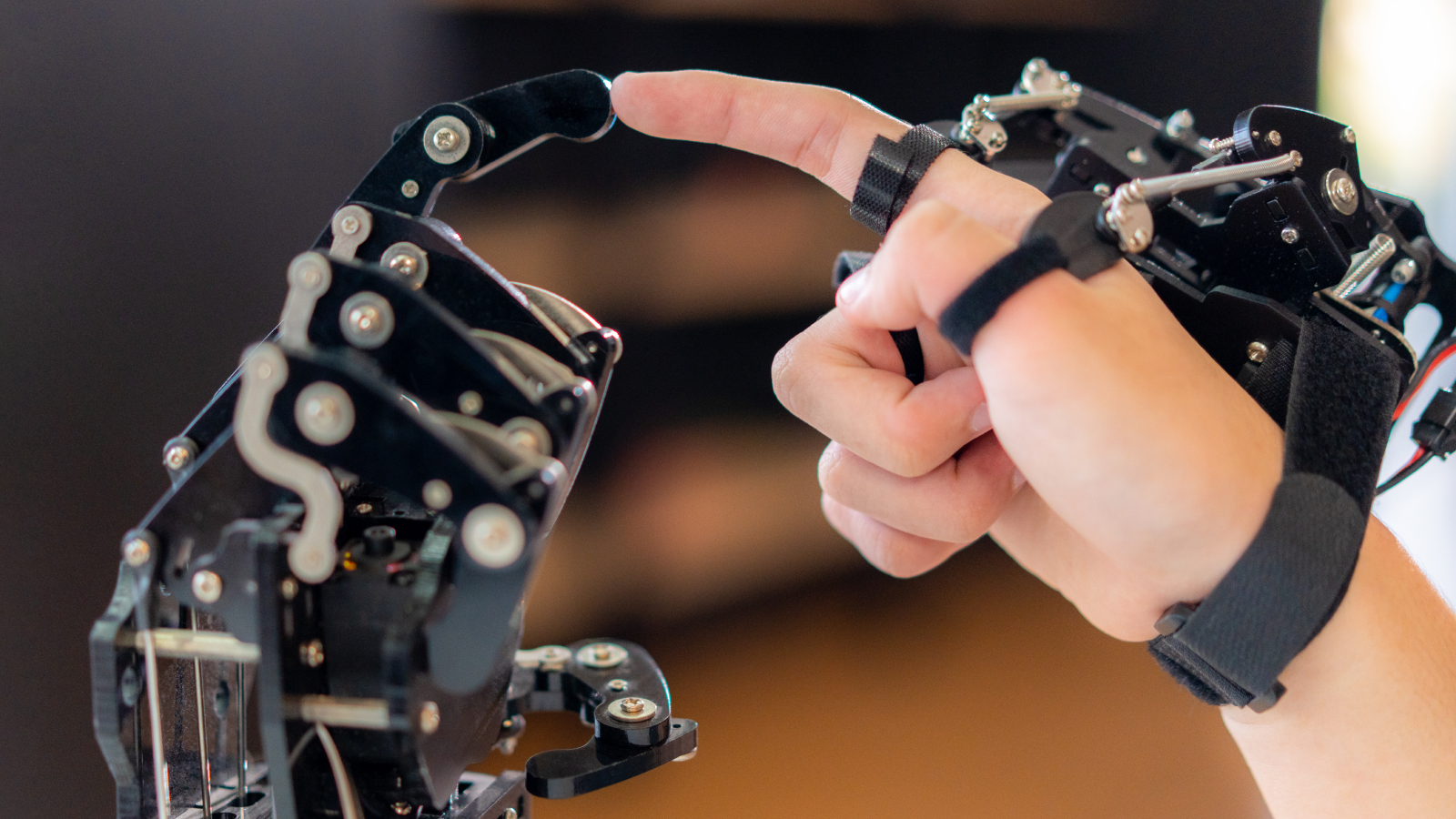
Future robots could one day tell how you're feeling by measuring your sweat, scientists say
By Owen Hughes published
Scientists say a phenomenon called "skin conductance," which changes when you sweat, is a surprisingly accurate method for detecting emotions — with future robots that detect this able to tell your emotions.

New quantum computing milestone smashes entanglement world record
By Owen Hughes published
Researchers have made significant progress in the quest for scalable and fault-tolerant quantum computers after entangling the most logical qubits on record.

World's 1st mechanical qubit uses no light or electronics. It could lead to ultra-precise gravity-sensing tech.
By Owen Hughes published
Scientists have created a single unit of quantum information using a superconducting circuit and a vibrating sapphire crystal.

'Accidental discovery' creates candidate for universal memory — a weird semiconductor that consumes a billion times less power
By Owen Hughes published
A chance discovery by researchers could drastically lower the energy needed for next-generation memory technologies.

'Quantum hard drives' closer to reality after scientists resolve 10-year-old problem
By Owen Hughes published
Scientists in Australia say they've cracked a key hurdle facing the the development of scalable quantum computers and practical quantum data storage.
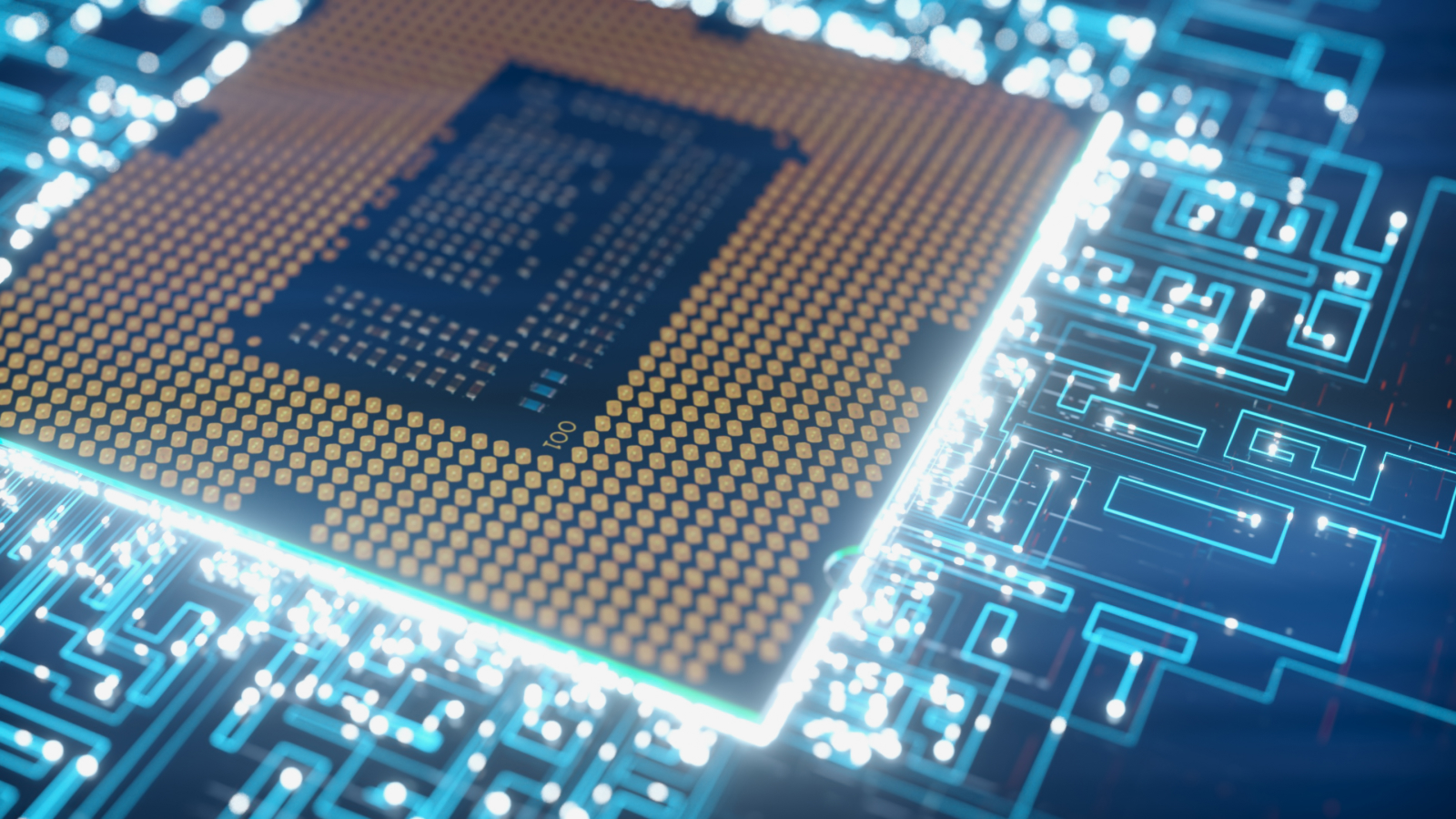
Monster 4,400-qubit quantum processor is '25,000 times faster' than its predecessor
By Owen Hughes published
D-Wave says its new Advantage2 processor, which is designed for complex applications in AI, optimization and data science, is faster and more accurate than its existing 5,000-qubit system.

Specialist 'carbon nanotube' AI chip built by Chinese scientists is 1st of its kind and highly energy-efficient
By Owen Hughes published
Scientists in China have developed a tensor processing unit (TPU) that uses carbon-based transistors instead of silicon – and they say it's extremely energy efficient.
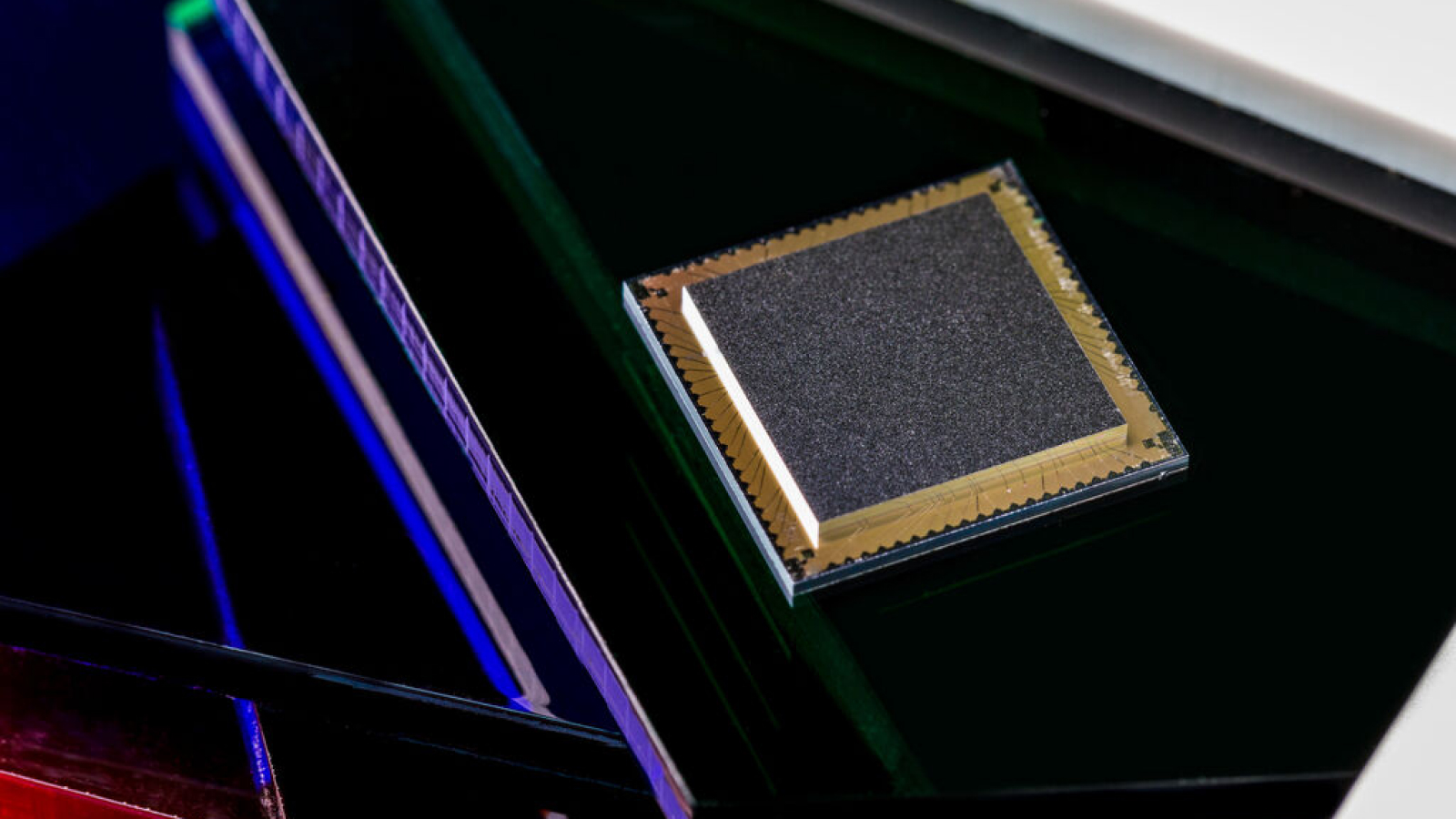
Prototype quantum processor boasts record 99.9% qubit fidelity
By Owen Hughes published
IQM's quantum processor achieved 99.9% fidelity in recent tests, the company says. Here's what that actually means.

China's upgraded light-powered 'AGI chip' is now a million times more efficient than before, researchers say
By Owen Hughes published
The Taichi-II chiplet, which could one day power super-intelligent AI models, ups the ante in light-based processing.

Quantum data beamed alongside 'classical' data in a single fiber-optic connection for the 1st time
By Owen Hughes published
Scientists have transmitted quantum data and conventional internet data through the same fiber-optic channel for the first time.
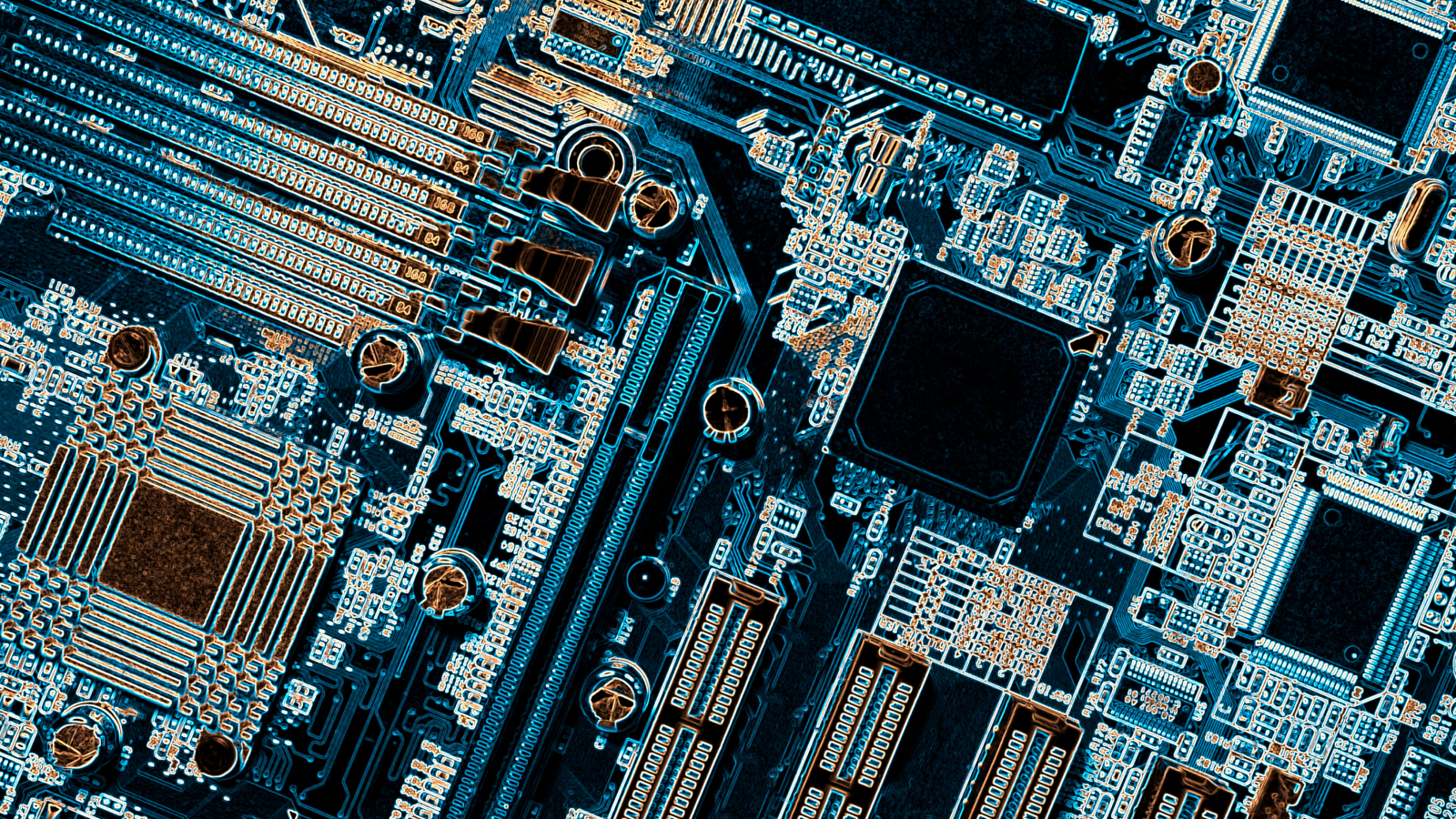
Unique transistor 'could change the world of electronics' thanks to nanosecond-scale switching speeds and refusal to wear out
By Owen Hughes published
A new material can withstand 'billions' of electrical cycles without wearing out — and scientists say it could transform electronics within 10 to 20 years.
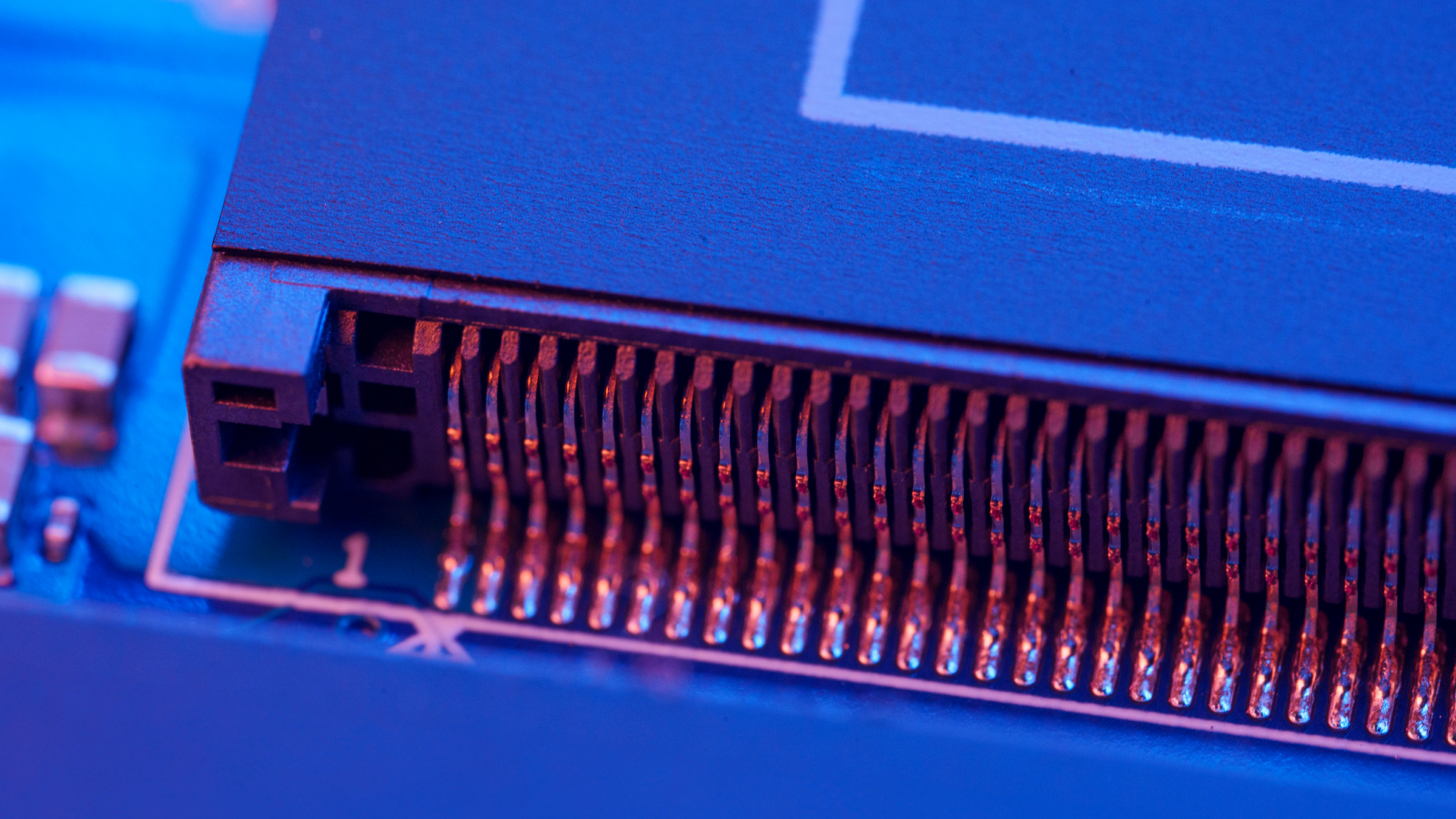
'Crazy idea' memory device could slash AI energy consumption by up to 2,500 times
By Owen Hughes published
By performing computations directly inside memory cells, CRAM will dramatically reduce power demands for AI workloads. Scientists claim it's a solution to AI's huge energy consumption.
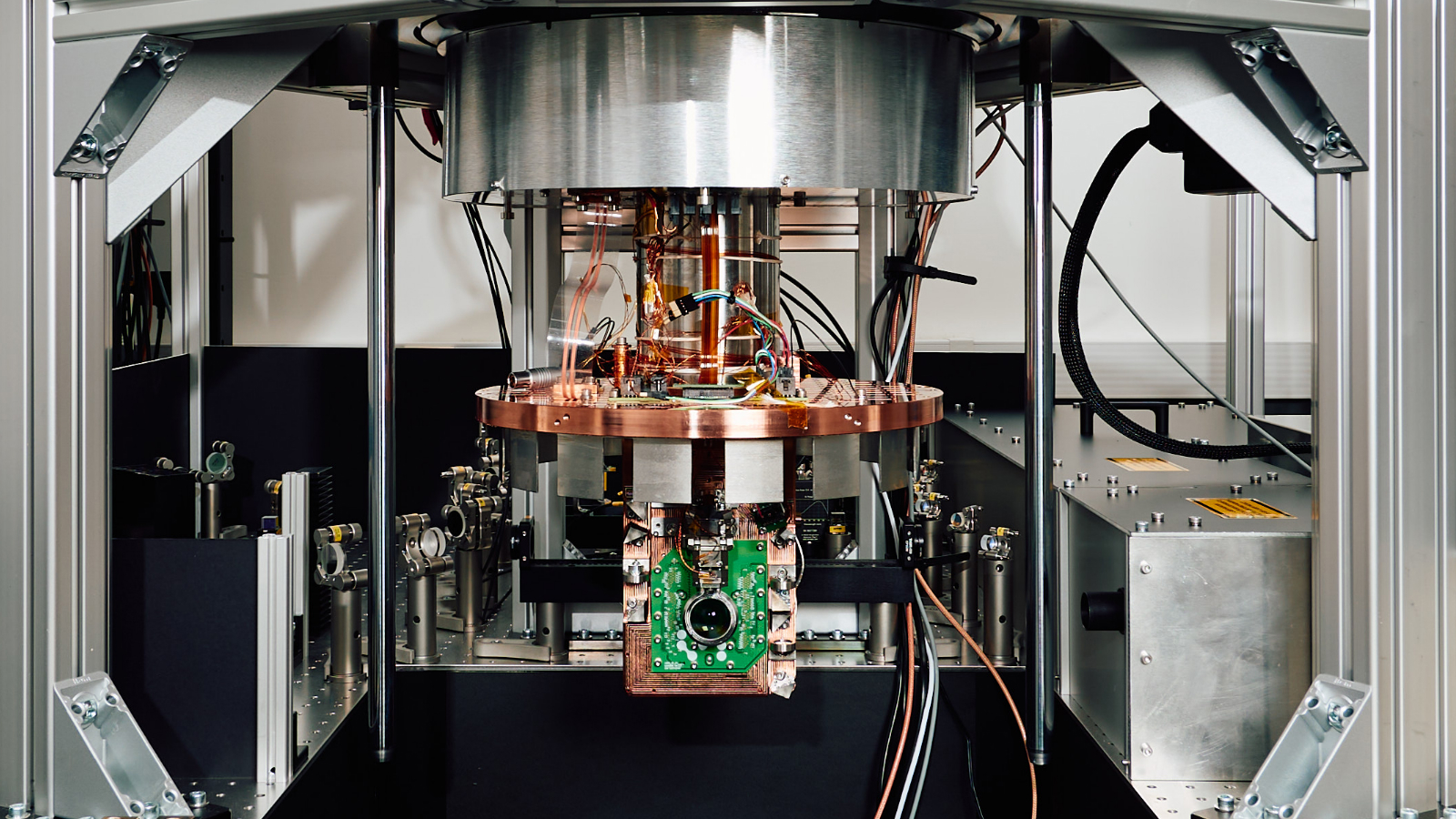
World's 'best-performing' quantum computing chip could be used in machines by 2027, scientists claim
By Owen Hughes published
New ion-trap chip eschews lasers for an integrated circuit that can be mass produced in existing semiconductor factories.
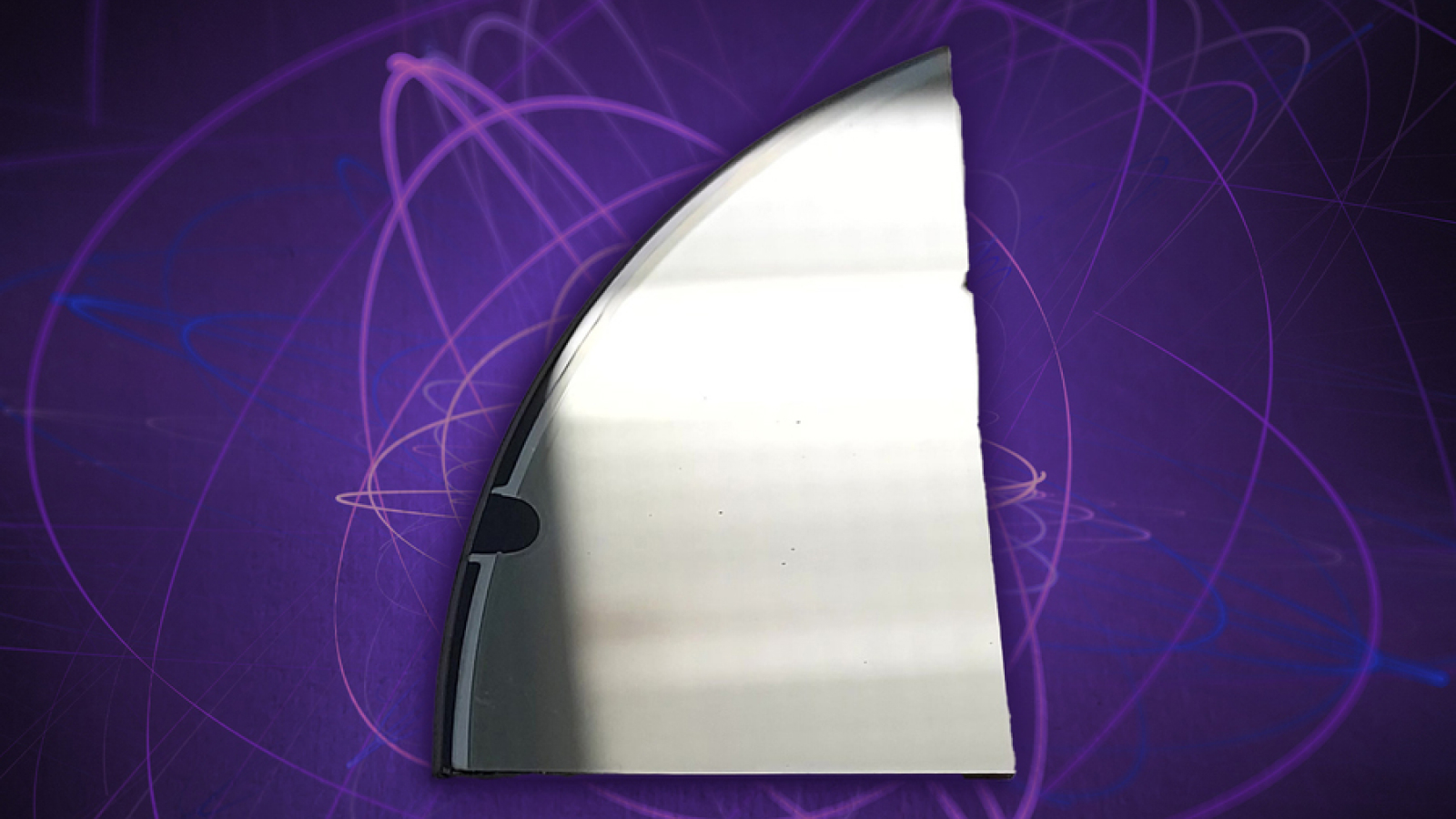
Razor-thin crystalline film 'built atom-by-atom' gets electrons moving 7 times faster than in semiconductors
By Owen Hughes published
Scientists observed record-breaking electron mobility — seven times higher than in conventional semiconductors — with a material made from the same elements as quartz and gold.
Sign up for the Live Science daily newsletter now
Get the world’s most fascinating discoveries delivered straight to your inbox.

